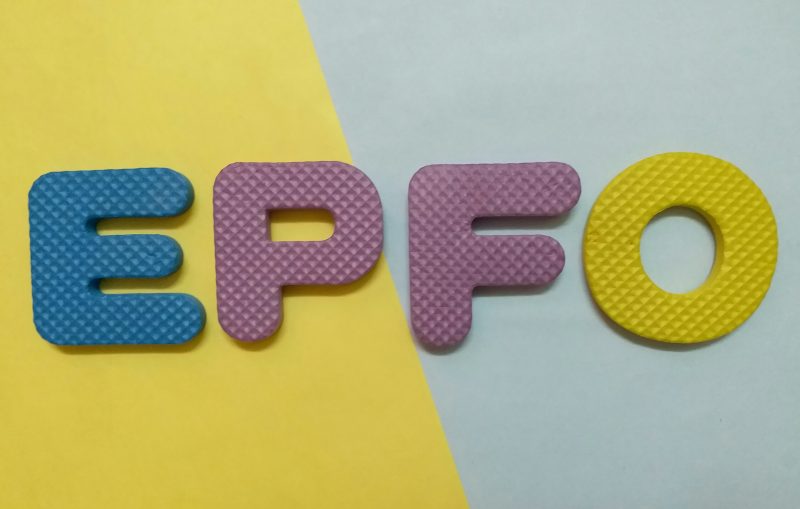Business Standard has reported that the government has suggested reducing the employees’ share of the Employees’ Provident Fund (EPF) contribution in order to increase the take-home salary. The employees’ share is suggested to vary based on their age, gender, and pay grade, while the employer’s share will remain unchanged.
Currently, the EPF contribution is set at 24% of the basic pay, contributed equally by the employee and employer. A minimum wage of Rs.15,000 per month is necessary for an employee and a minimum of 20 employees in the organisation to be eligible for the EPFO scheme.
In a recent development, the Labour and Employment Ministry has proposed to introduce an update to the EPF and Miscellaneous Act. The update prescribes different rates of contribution as applicable to all classes of employees.
The ministry has added that the government has provided a time period of two years for inspectors to conclude the enquiries under the act on this matter.
Also Read: EPFO to launch e-inspection system along with a 3-day settlement process
The EPFO scheme is not made optional to ensure some sort of social security cover. Note that late ex-Finance Minister, Arun Jaitley had made an announcement during the Budget 2016 on making the EPF contribution optional for those with a monthly income below a certain threshold.
In another proposal, the employees are allowed to switch from the National Pension Scheme (NPS) offered by the Pension Fund Regulatory and Development Authority to the Employees Provident Fund Organisation (EPFO) Scheme. The scheme is in line with the Pradhan Mantri Shram Yogi Maan Dhan Pension Scheme launched for the unorganised sector.
A draft of the Amendment Bill dated 23 August 2019 has been prepared with all the above changes included in it. The draft is circulated and up for comments until 22 September 2019.





